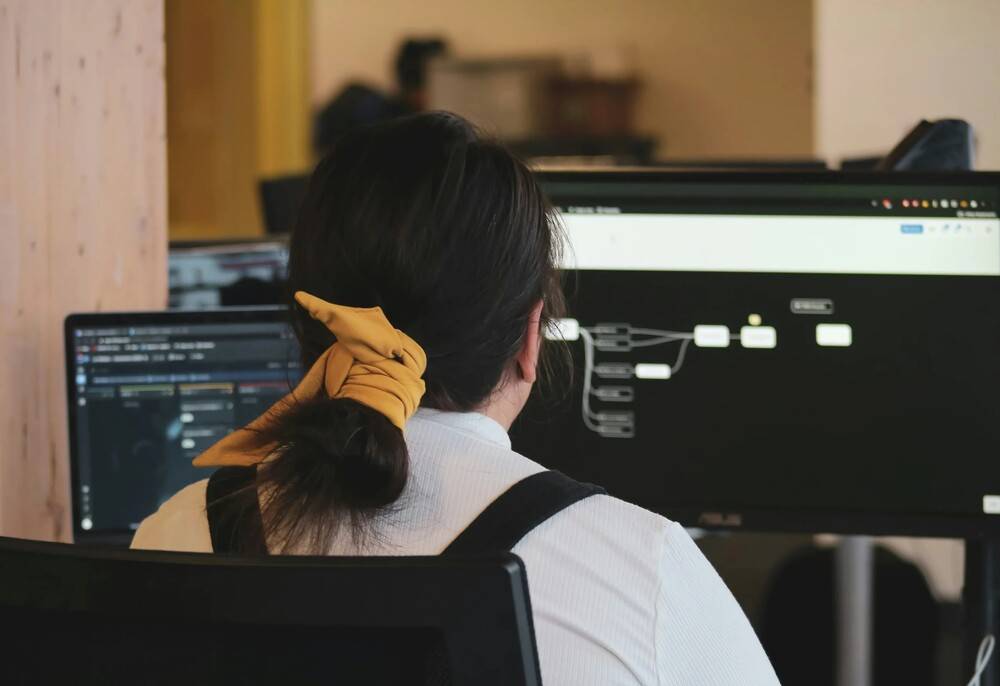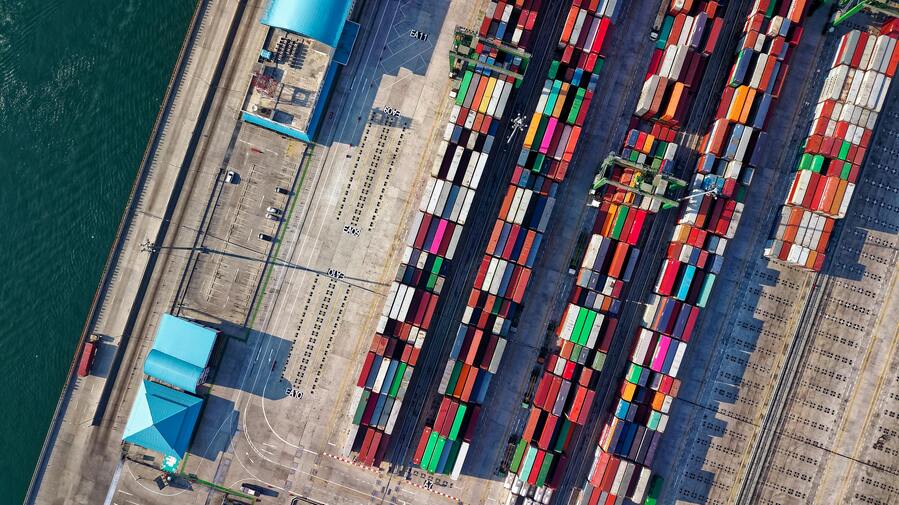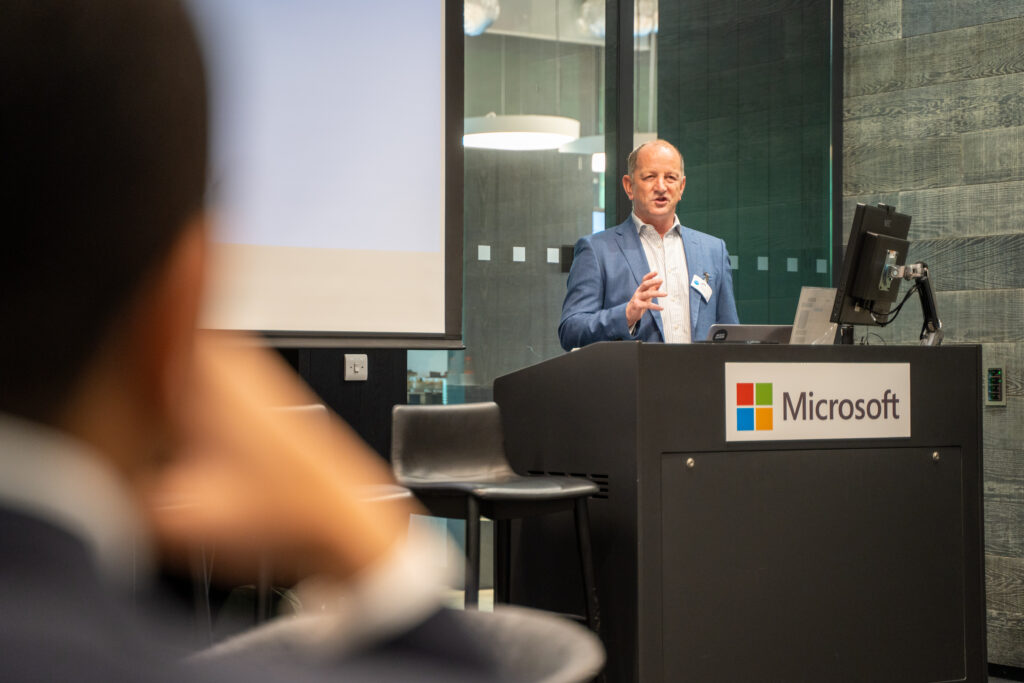At the industrial and enterprise level, thousands of machines, sensors and devices can be interconnected. Today we discover for you one useful tool to apply IoT technologies with Azure IoT Hub, a Microsoft solution to centralise and connect all IoT devices and leverage the maximum value from the IoT technologies.
What is Azure IoT?
Internet of Things or IoT refers to a set of hardware, cloud platforms and managed services that connect, monitor and control real-world assets.
It includes operating and security systems for devices and equipment and data and analytics. These help enterprises build, deploy and manage IoT applications.
The services work by connecting three elements:
- Physical objects, such as industrial equipment, devices or sensors, that connect to the cloud continuously or intermittently.
- The information collected by things, which is stored and transformed into knowledge.
- People’s interpretation to leverage the value and information from the tools, to make life and business decisions.
Device management with IoT Hub
The needs of IoT device operators are very different depending on the sector. Devices are also very different from one sector to the other, for example, the uses and devices are totally different for agriculture as opposite to banking.
IoT Hub provides the capabilities, patterns and code libraries to enable developers to build management solutions for the needs of each company or sector. Allowing very different devices to be interconnected.
IoT Hub enables the storage, synchronisation and querying of metadata of all devices.
The status of devices can be set per device or in groups, depending on the common characteristics of the devices.
In addition, it is possible to set automatic responses and status changes on devices by integrating message routing. This allows the organisation to incorporate predictive maintenance capabilities, for example.
Connecting your devices
With IoT Hub is possible to create applications that run on your devices and interact with IoT Hub using the Azure IoT Device SDK.
Supported platforms include Windows, Linux distributions and real-time operating systems. Currently supported languages include:
- C
- C#
- Java
- Python
- Node.js.
- Messaging patterns
Azure IoT Hub supports a number of messaging patterns, including:
- Device telemetry to the cloud
- File uploads from devices
- Request-response methods to control devices from the cloud
- Message routing and event networking
Data from the devices can be routed
In Azure IoT Hub, message routing functionality is built-in.
This allows you to set up automatic, rule-based message distribution.
Routing messages to multiple endpoints does not incur any additional cost.
Creating end-to-end solutions
End-to-end solutions can be created by integrating IoT Hub with other Azure services. For example,
- Business processes can be automated using Azure Logic Apps.
- You can run real-time analytics calculations on your device data using Azure Stream Analytics.
- AI and machine learning models can be added using Azure Machine Learning.
- You can respond quickly to critical events with Azure Event Grid.
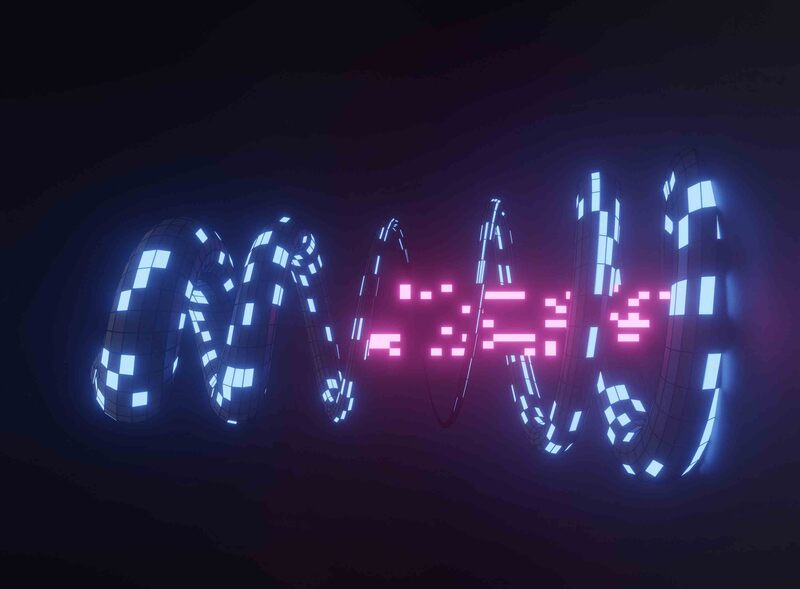
Important features of Azure IoT HUB
Security in Azure IoT Hub
Security of IoT solutions means that devices must be securely provisioned and that there must be secure connectivity between devices and the cloud.
There must also be secure protection of data in the cloud during processing and storage.
High availability and disaster recovery
Uptime needs vary from enterprise to enterprise.
Azure IoT Hub offers three main high availability (HA) and disaster recovery (DR) features.
Also, the IoT Hub service provides intra-regional HA by implementing redundancies at nearly every service layer.
Appropriate failover policies are in place in the components that interact with the cloud to cope with transient failures.
And in the event of an extended data centre outage or another physical failure, IoT Hub has a number of possible solutions to recover from them.
Azure IoT Hub Tools
Microsoft IoT central
Azure IoT Central is an API and user experience surface ready to connect and manage devices at scale.
This provides reliable data for business insights. It features platform-as-a-service (PaaS) offerings, bringing together each service underneath for an easy-to-configure, comprehensive and secure IoT offering.
Azure Digital Twins
Azure Digital Twins is an Internet of Things (IoT) platform that enables you to create a digital representation of real things, places, business processes and people. Enabling you to optimise products, streamline operations and costs, and create truly innovative customer experiences.
Read this post if you are interested learning about digital twins.
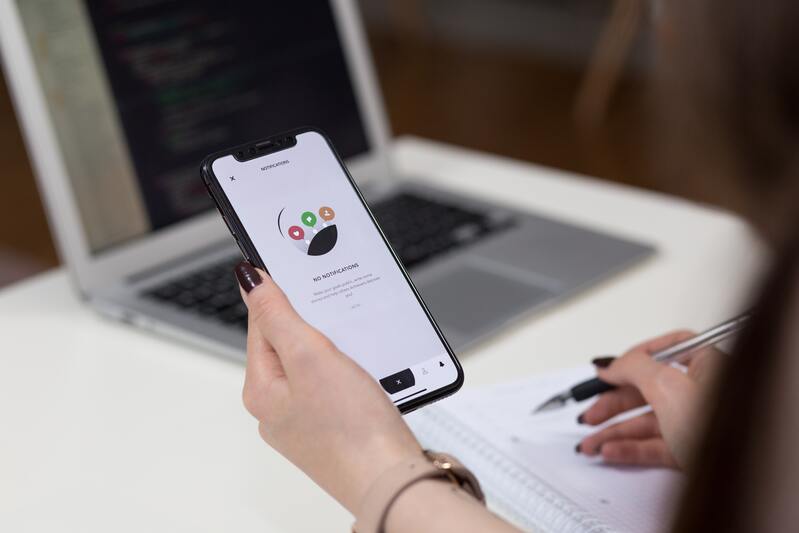
Azure IoT Edge
Tool for Local Deployment of Cloud Intelligence on IoT Edge devices
Azure Percept
Azure Percept is a comprehensive, easy-to-use platform with additional security for building perimeter artificial intelligence solutions.
Azure Sphere
Azure Sphere is a secure IoT platform for building solutions that start in silicon and extend across OS and cloud. Safely connect, manage and secure new and existing smart devices.
Azure RTOS
Azure RTOS is a suite of applications for developing embedded solutions that include a small but efficient operating system that provides ultra-fast and reliable performance for resource-constrained devices.
Examples of use, IoT solutions
Let’s look at some simple examples of operations that can be carried out with Azure IoT hubs.
- Direct operations: make a device act: boot, reboot or send a message.
- Set a device to a particular state, such as setting an LED to colour or setting the interval to send telemetry every 30 minutes.
- Get status reported by a device. For example, the device reports that the LED is flashing now.
- Dual function labels. Save device-specific metadata to the cloud.
- Dual device queries. Review all device twins. This can retrieve arbitrary conditions, such as identifying devices that are available for use.
The business uses of IoT devices are almost infinite, depending on the industry. That’s why having a management tool like Azure IoT Hub and an experienced team like OpenSistemas are essential to driving your business into the future. If you are interested in beginning your IoT projects, contact us.



